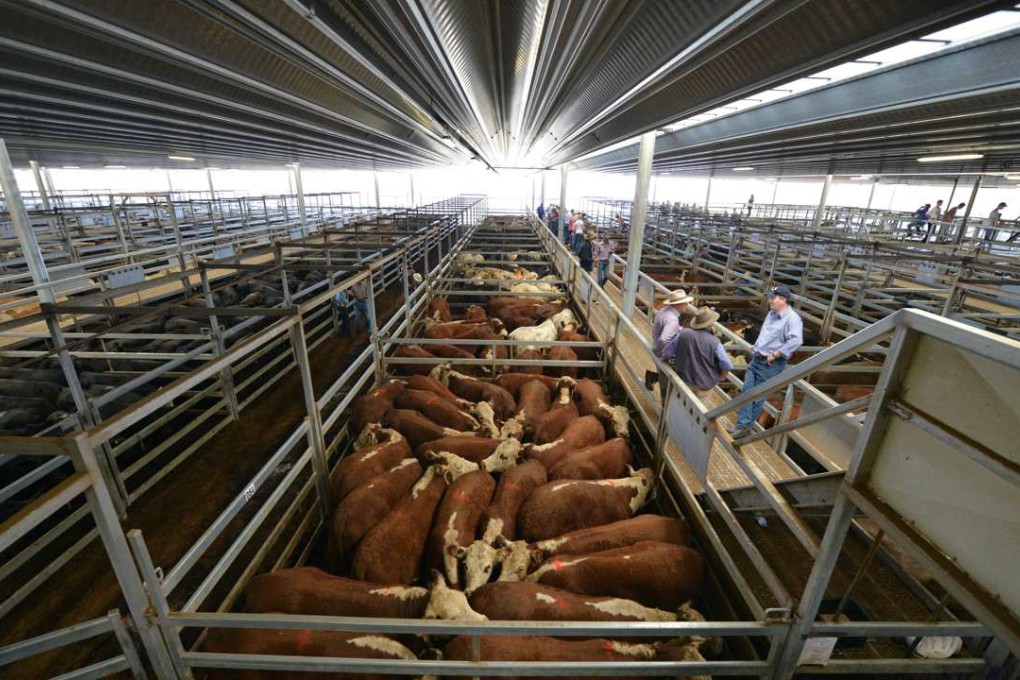Backlash over dairy farm sale to Chinese businessman tests Sino-Australian economic ties
Greg Barns wonders why, given that Australia’s dairy industry counts China as its number one export market, politicians and businesspeople are out to derail the Tasmanian deal

In November 2014, President Xi Jinping (習近平 ) visited Tasmania, Australia’s smallest and most economically vulnerable state. The visit was hailed by local politicians and business leaders as signalling the beginning of a golden age for Chinese investment in the island off the coast of the Australian mainland, rich with agricultural potential. But, just over a year on, the sale of a well-known dairy company to a Chinese firm has sparked a political and business backlash which is potentially damaging to a closer Sino-Australian economic relationship.

The community where the company operates are happy about the deal but Moon Lake Investments’ proposal is subject to Australian government foreign investment guidelines approval. With strong Chinese demand for Australian dairy products, particularly after the signing of a free trade agreement between the two countries last year that made exports easier, one would have thought the Tasmanian, and broader Australian political and business community would welcome the deal.
But the prospect of Chinese owners running the company has evoked a populist fear campaign about Australian farmland being sold to foreigners. National political and business figures based in Tasmania believe it should stay in Australian hands.
Significantly, those who are employed by VDL or run other businesses in northwest Tasmania are urging opponents of the sale to stay away.
READ MORE: Digging to Australia: Chinese investors look Down Under for fertile agribusiness ground
The sale issue is critical for Australia’s economic relationship with China. The dairy industry now counts China as its No 1 overseas market, with exports rising over 70 per cent in the past five years. Chinese investment proposals in Australia have hit hurdles when the assets in question have military or broader security implications, such as telecoms and mining operations. But the VDL case is different. There is no strategic interest at stake. The nationality of the owner of dairy cows and the pasture they eat is unimportant.
